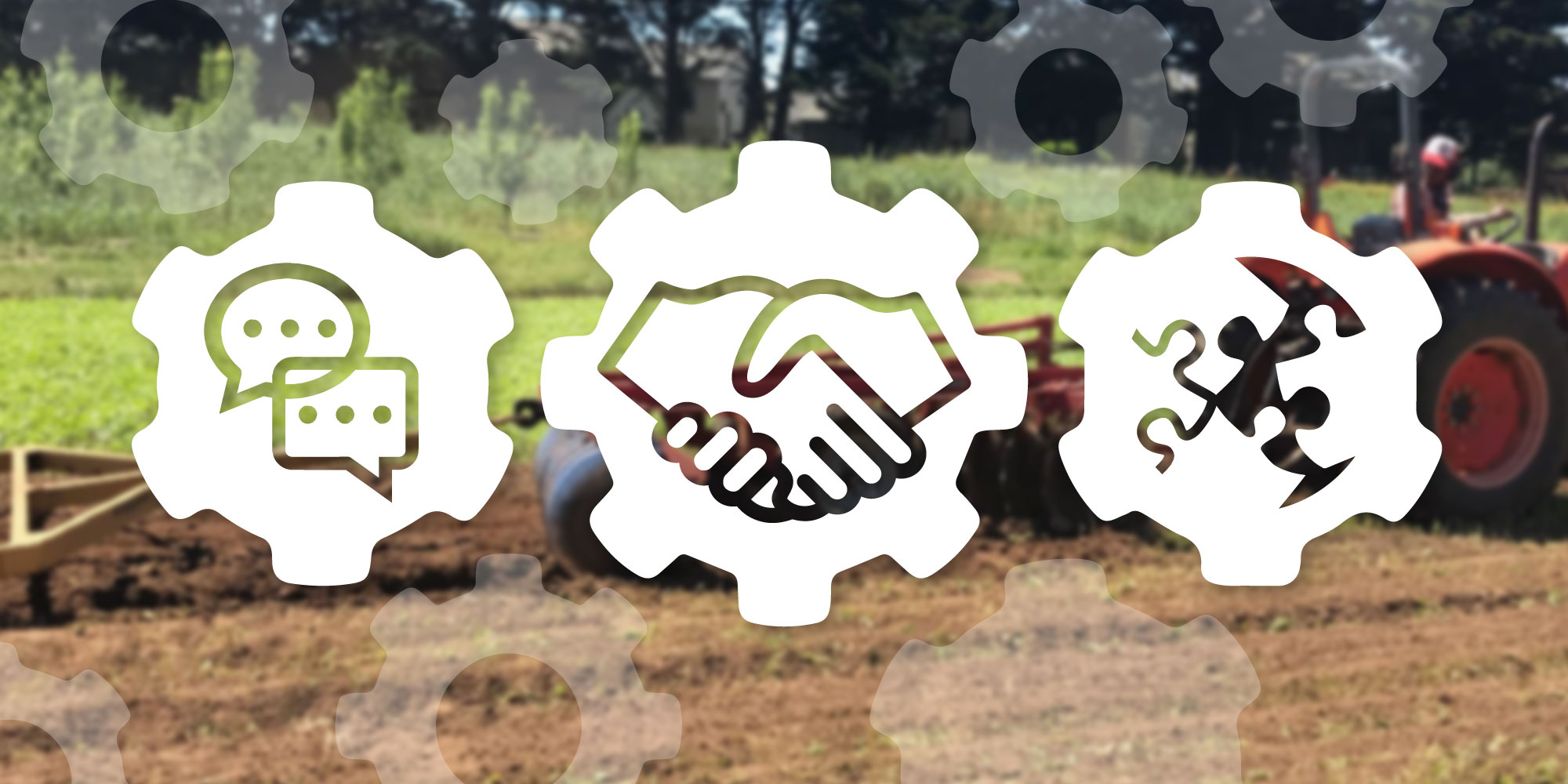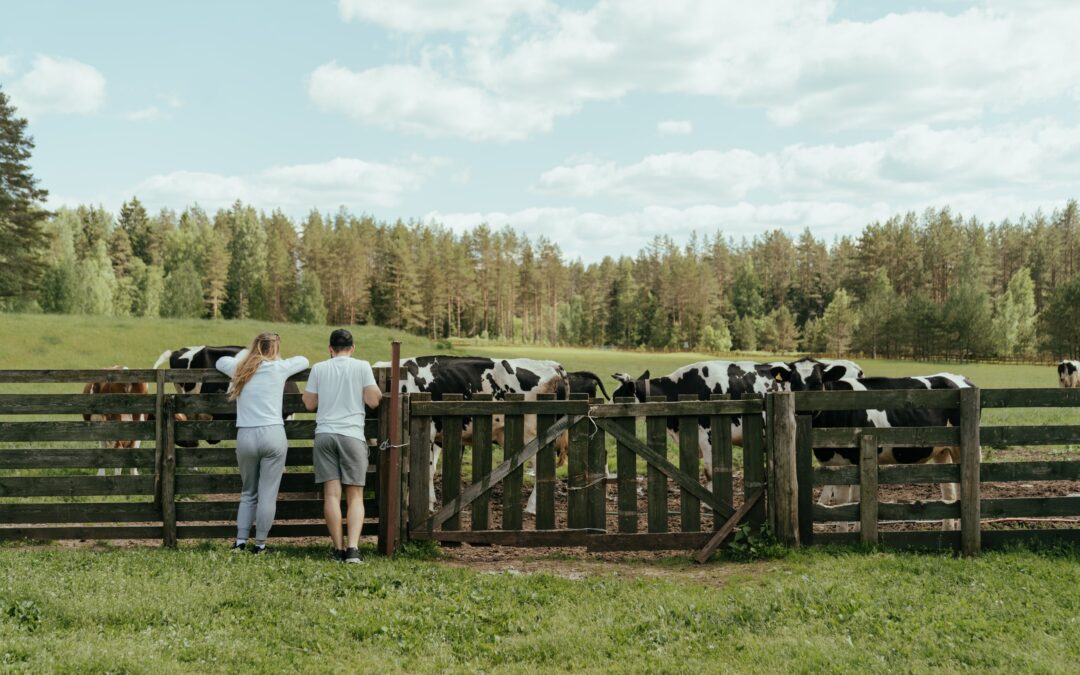One reason mediation works is because the mediators take the time to prepare parties to constructively engage in mediation. In agricultural mediations, most often parties are not represented by an attorney and need some assistance before the session. The preparation begins with pre-session confidential interviews where the mediator learns about the nature of the dispute and the parties who are involved.
The importance of these in-depth confidential conversations cannot be under-estimated, in fact, much of the “heavy lifting” of the mediation process takes place during this stage. During these conversations, the mediator will attempt to learn about not only the surface level reasons for the dispute but also deeper reasons underlying the dispute.
A critical early step is for the mediator to determine whether the parties agree on the facts that lead to the dispute. If the parties disagree on the facts, the mediator will begin to strategize on ways for the parties to come to a common understanding of the factual issues. Sometimes that can happen through hearing about the dispute from the other side’s perspective. Other times, the mediator may suggest tools such as joint fact finding where all parties agree on a neutral expert to make a determination on a significant fact that is in dispute. For example, if the dispute is about the value of something, the mediator will see if the parties can agree to use a mutually trusted appraiser to value a property.
Other times the mediator may recognize that a party does not have all the information necessary to constructively participate in mediation. The mediator might help that party prepare for the mediation by developing a list of the information or documentation that may be helpful and working with that party to figure out how to get the needed paperwork. Alternatively, the mediator may refer parties to meet with a financial counselor to prepare documents that would be helpful in the mediation such as a cash flow sheet, a statement of assets and liabilities, or other financial documents.
Our program often refers producers to existing, local resources within in the agricultural community that have specific programs designed to assist producers in areas of technical farm expertise, accounting, small business development, analysis of existing practices and proven management techniques to put farms on the path toward increased efficiency and profitability. A producer is free to determine what program or type of assistance will be of most help and is not obligated to use any resource. The feedback we receive suggests that farmers who use these resources find them to be helpful.
If the nature of the dispute is not a disagreement about the facts, there may be communication problems at the root of the dispute. Communication problems could be due to multiple reasons such as strong emotional feelings that drown out your message or parties hearing things through their own filter and not hearing the intended message. The mediator can take an emotionally punctuated communication and help you express it in a less inflammatory way. This maximizes the chances that your message will actually be heard by the other side rather than shut out due to the emotional expression.
The mediator will also work with the other party and coach them to ensure that they hear the communication with an open mind.
Other times there may be personal issues where a party is under tremendous stress or dealing with anger that may inhibit them from reaching a settlement. It can be empowering and helpful for parties to understand how personal issues may be affecting their ability to resolve their differences. Reaching a settlement sometimes requires compromises and parties may be less willing to make necessary compromises if personal issues are clouding their judgment. In these situations, the mediator may act as a sounding board and when necessary, refer the person to the appropriate professional resources.
Mediators play several roles: communication expert, negotiation coach, or knowledgeable community resource referrer. Our goal is to get the parties ready to participate constructively in mediation. By the time the parties arrive for the session, the mediator will ensure that each side will have the necessary supporting documents, an understanding of the dispute form the other side’s perspective, and is prepared to be open minded and ready to engage in a productive conversation.


